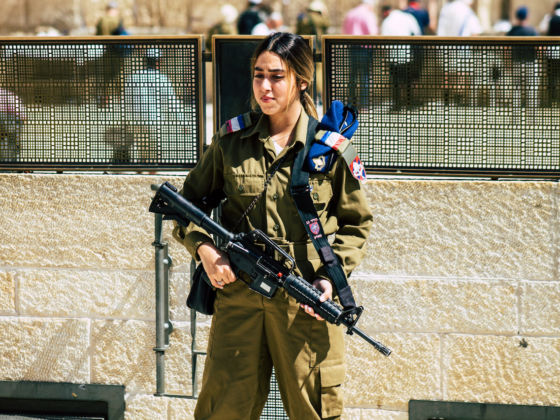I’m on a bus in Israel leaving the airport. It’s very early in the morning. The day is already so hot you can see waves of heat shimmering off the highway.
I feel like I always do at the start of a great adventure: jet lagged, thirsty, excited. The buildings of Tel Aviv are getting smaller the further we drive. Our tour guide, his name is Eitan, is talking into a microphone.
